~そうです is often used to make a prediction statement but depending on who is making the prediction, what comes before そうです differs.
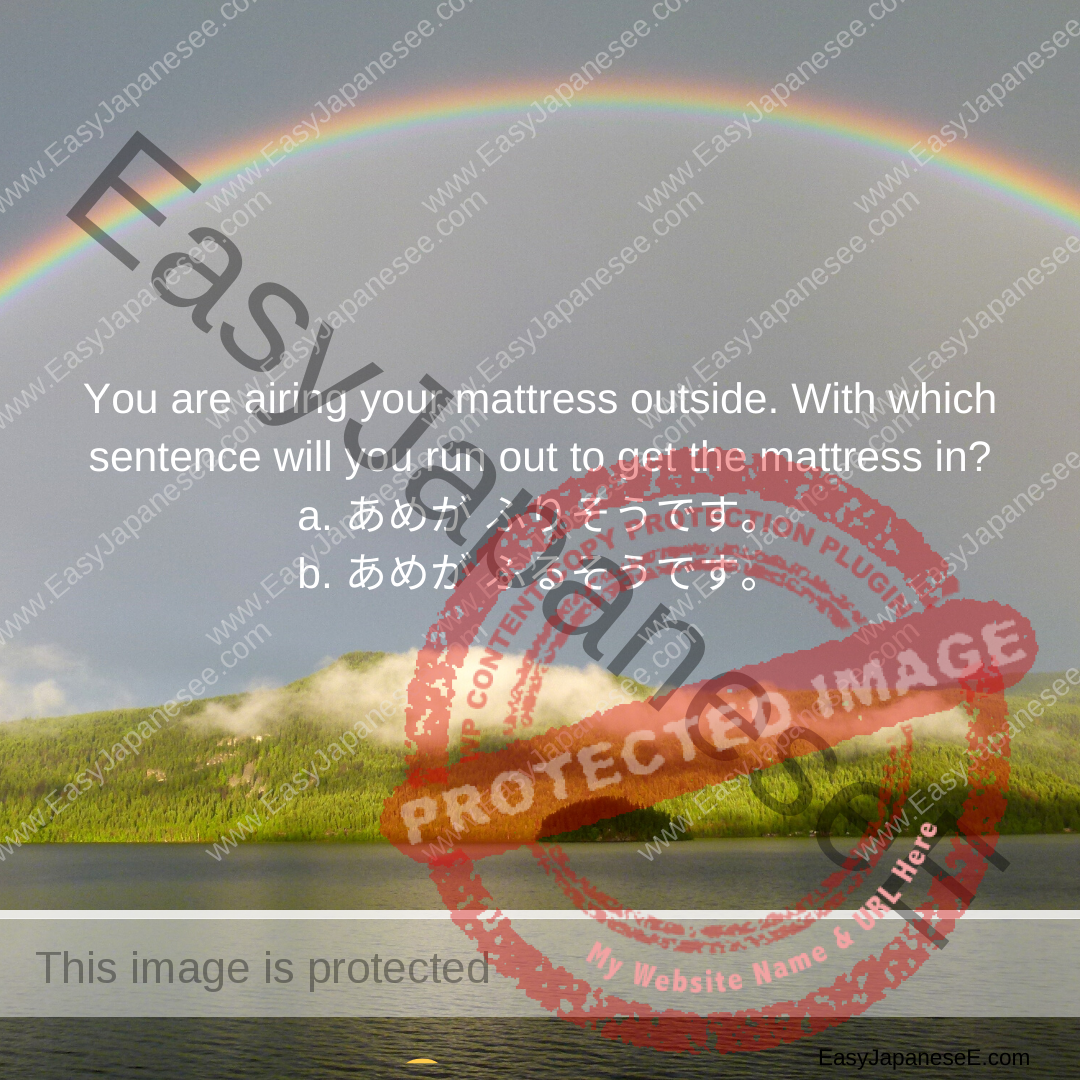

~そうです is often used to make a prediction statement but depending on who is making the prediction, what comes before そうです differs.
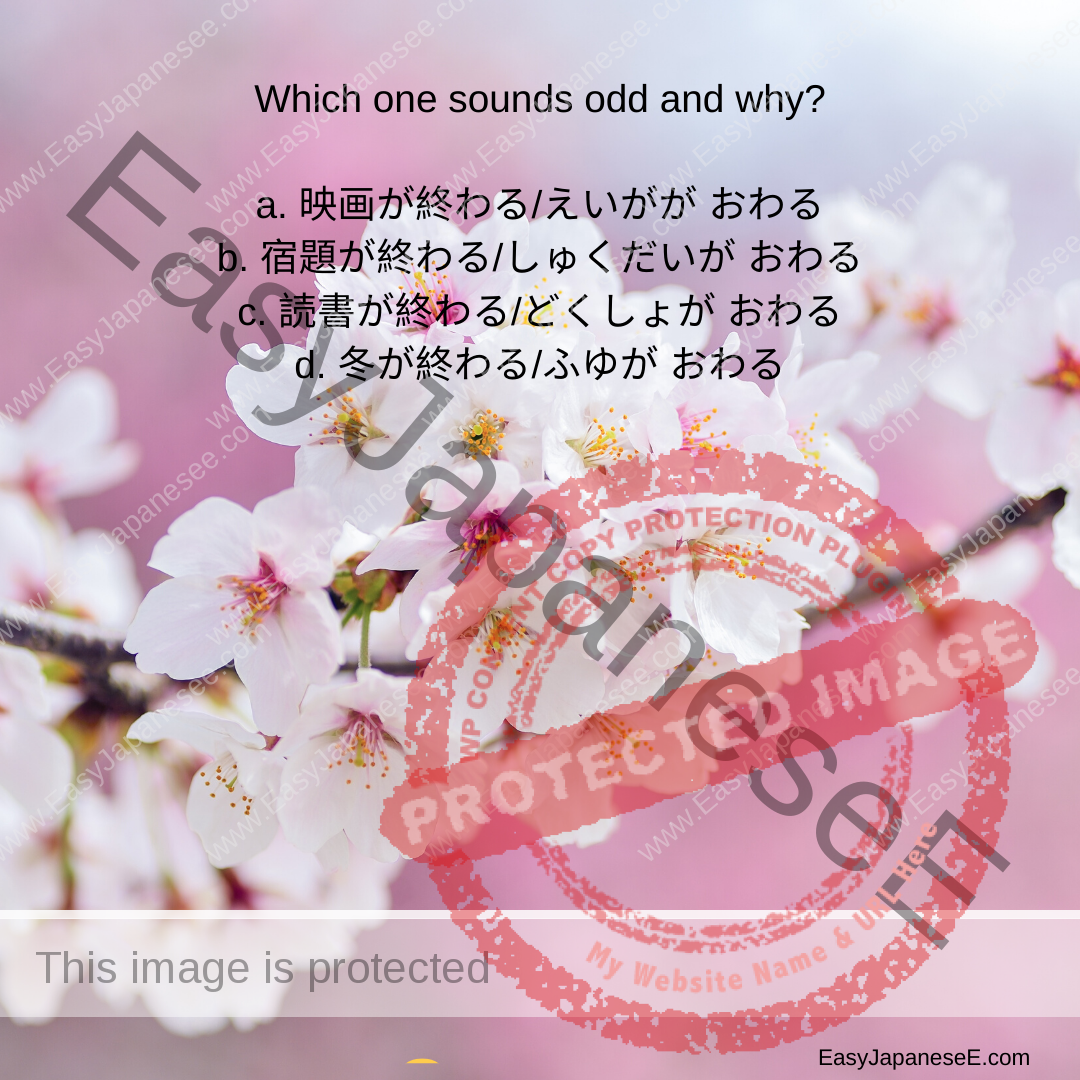
Today’s topic is a verb おわる. One of the four sounds a bit odd. Which one is it and why?…
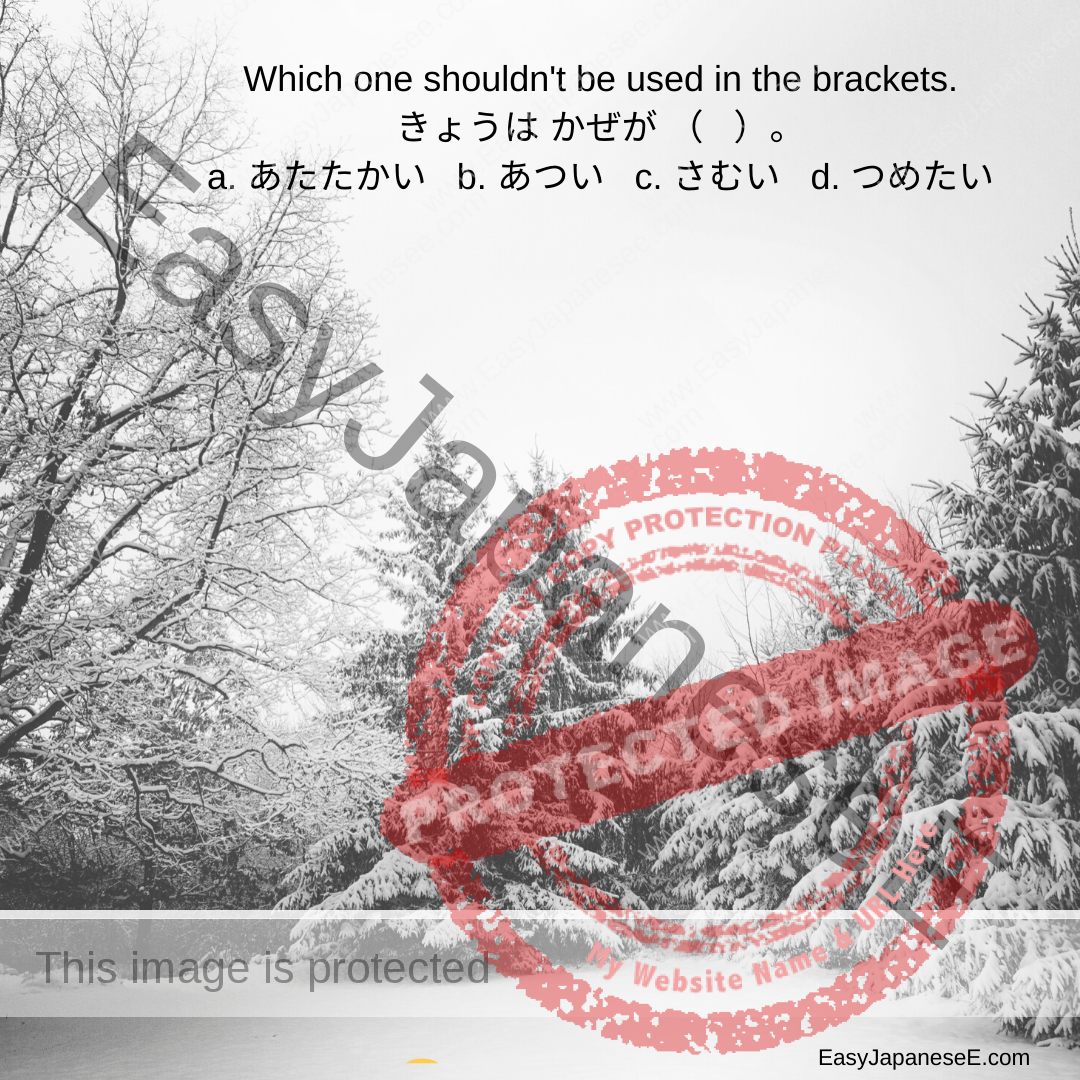
The English word “cold” needs to be distinguished between さむい and つめたい in Japanese. This post explains which to use when.
![[plain form]ん です](https://www.easyjapanesee.com/wp-content/uploads/2020/05/200525-んです.png)
Which one of the four options sounds most natural?おかねを かして ください。さいふを _____。 a. おとしていますb. おとしたんですc. おとしましたd. おとします The correct answer…
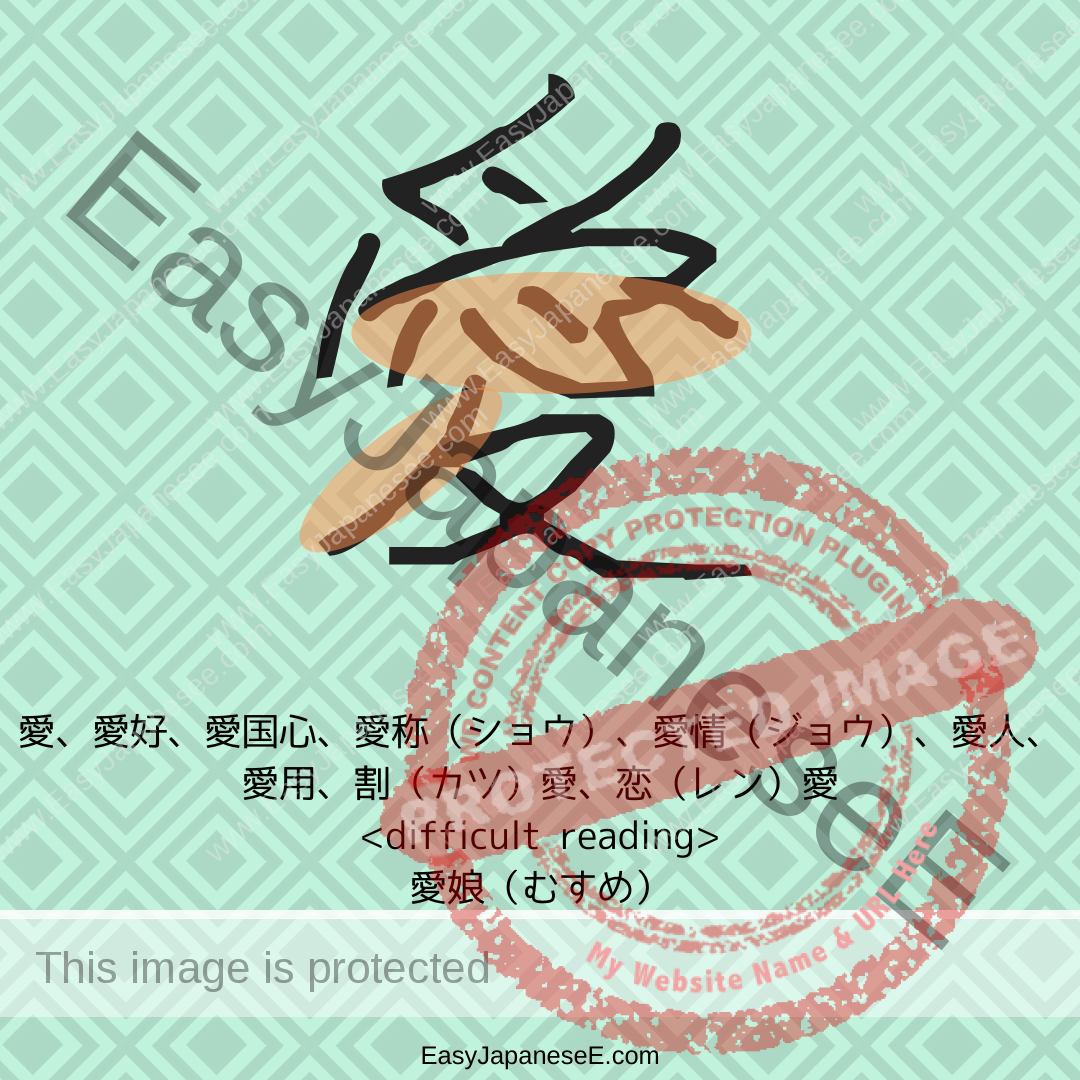
This week we are venturing into N3 level kanji and the first one is 愛. Once I heard somebody say…
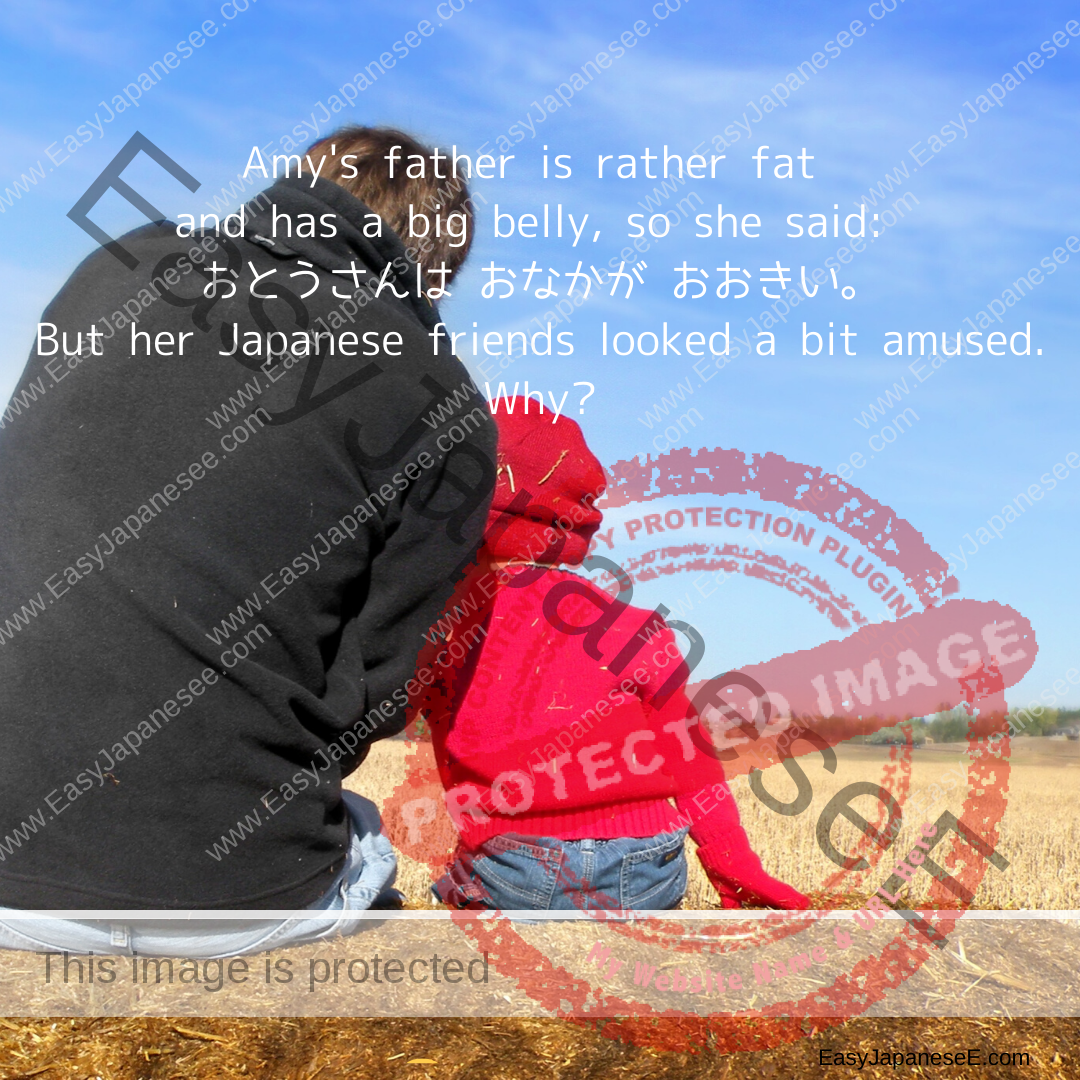
Amy’s father is rather fat and has a big belly, so she said: おとうさんは おなかが おおきい。But her Japanese friends looked…
![[てform] すみません](https://www.easyjapanesee.com/wp-content/uploads/2020/05/200521-osokunatte-sumimasen.png)
おそく ( ) すみません。a. なった b. なって c. なります d. なる Sorry for …ing … Sometimes you need to apologize…
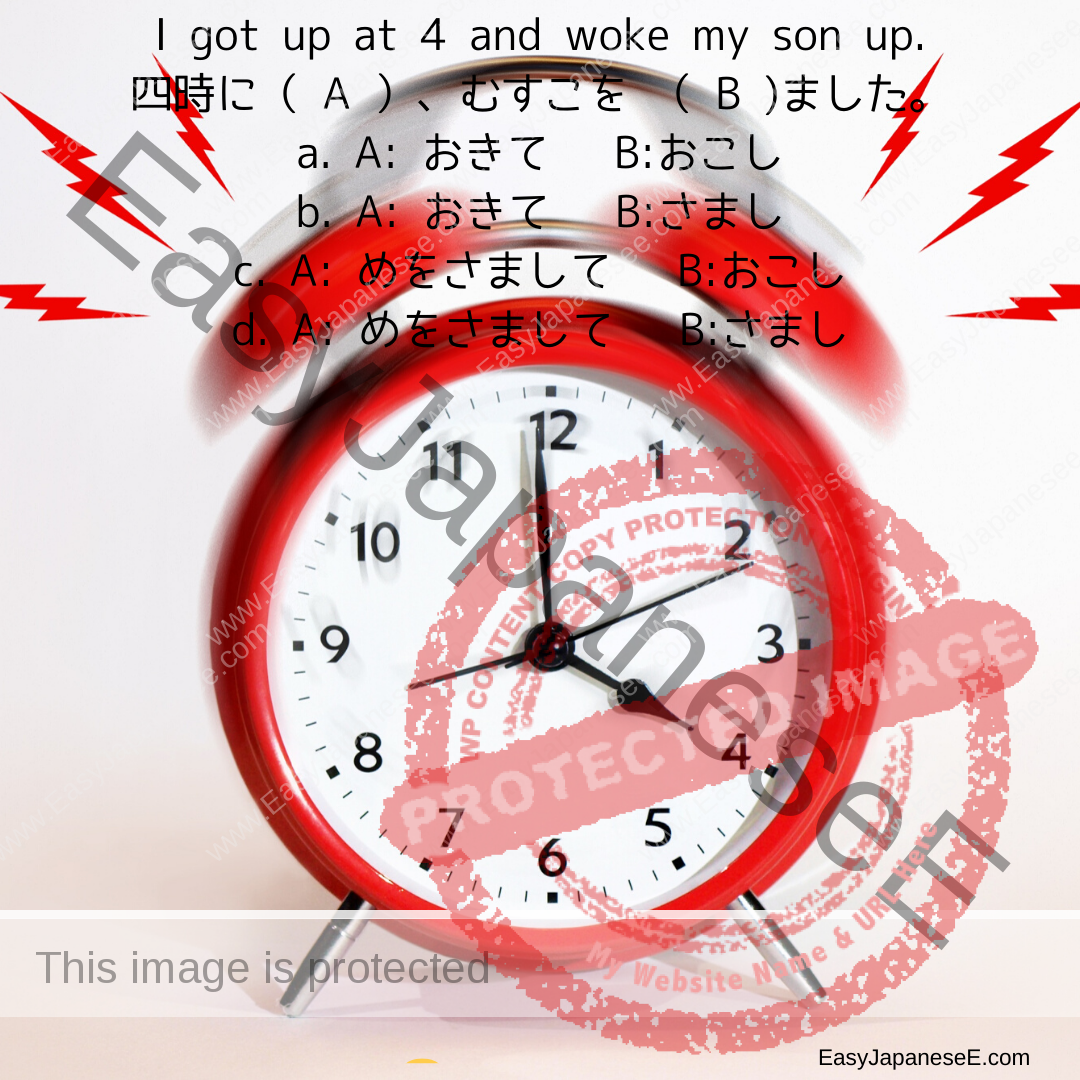
I got up at 4 and woke my son up.四時に( A )、むすこを ( B )ました。 a. A: おきて B:おこしb. A:…
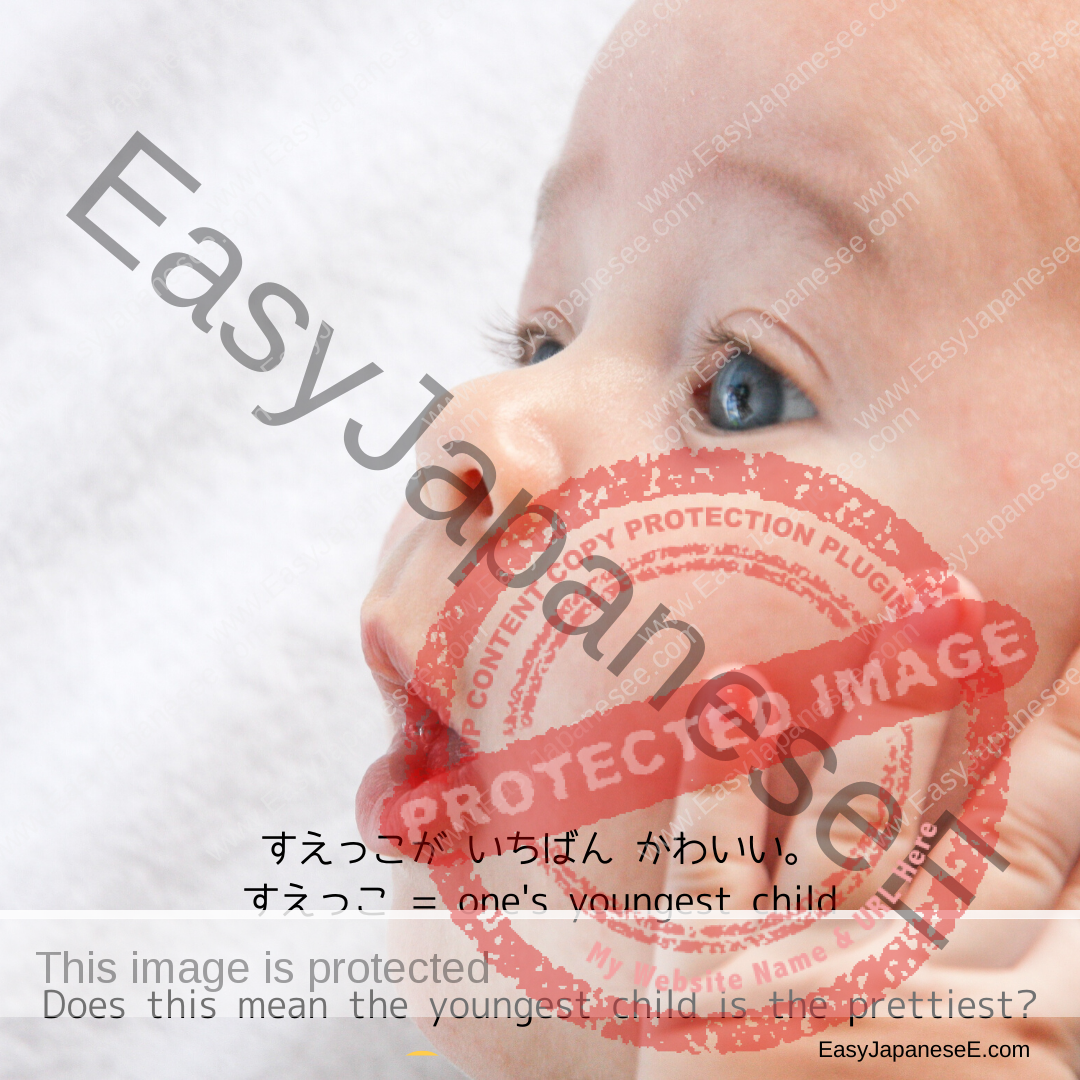
すえっこが いちばん かわいい。すえっこ(末っ子)= one’s youngest child Does this mean the youngest child looks the prettiest? かわいい is usually translated as…
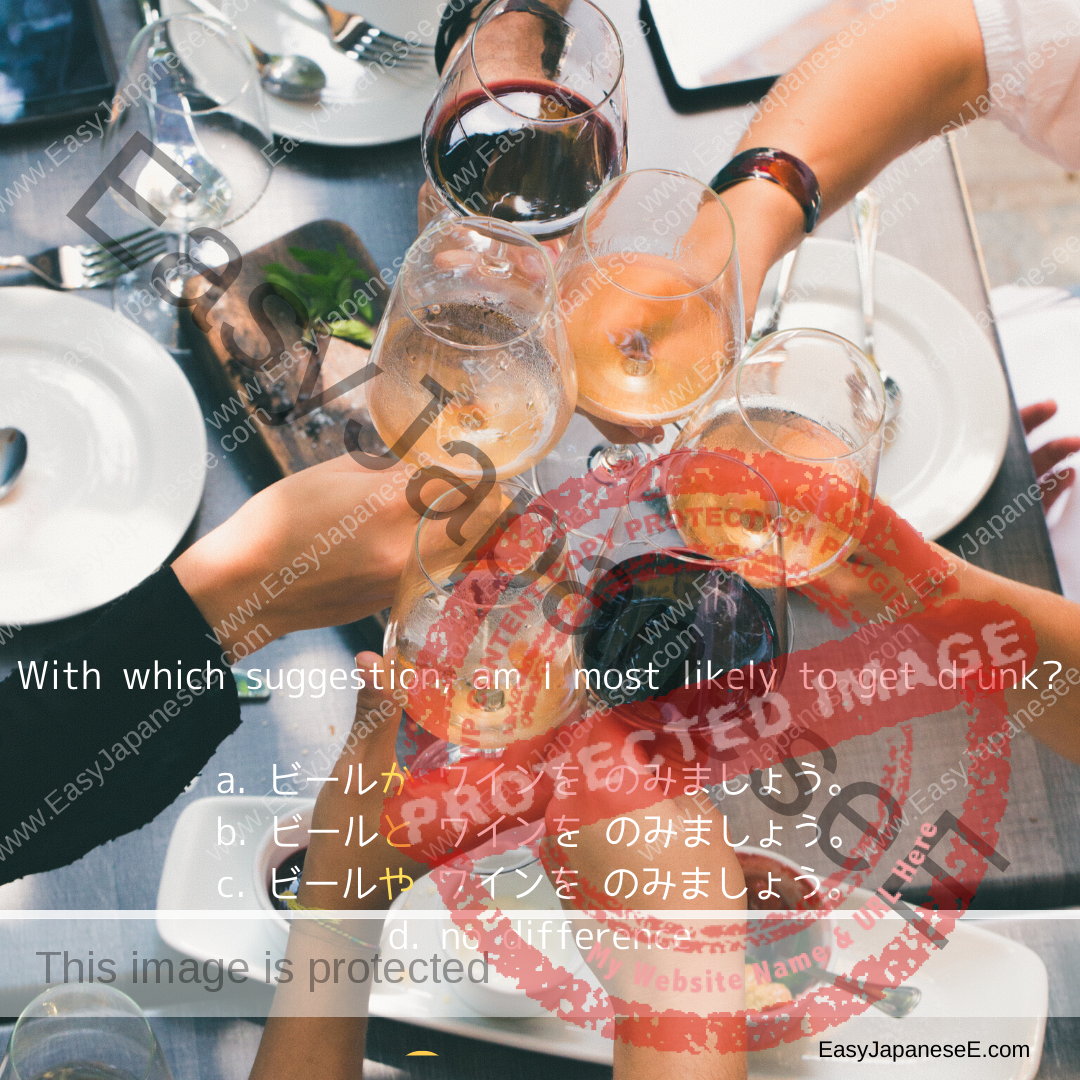
Particles are tricky. This post explains the difference among the particles か, と and や that are used for the English ‘and” or “or”.
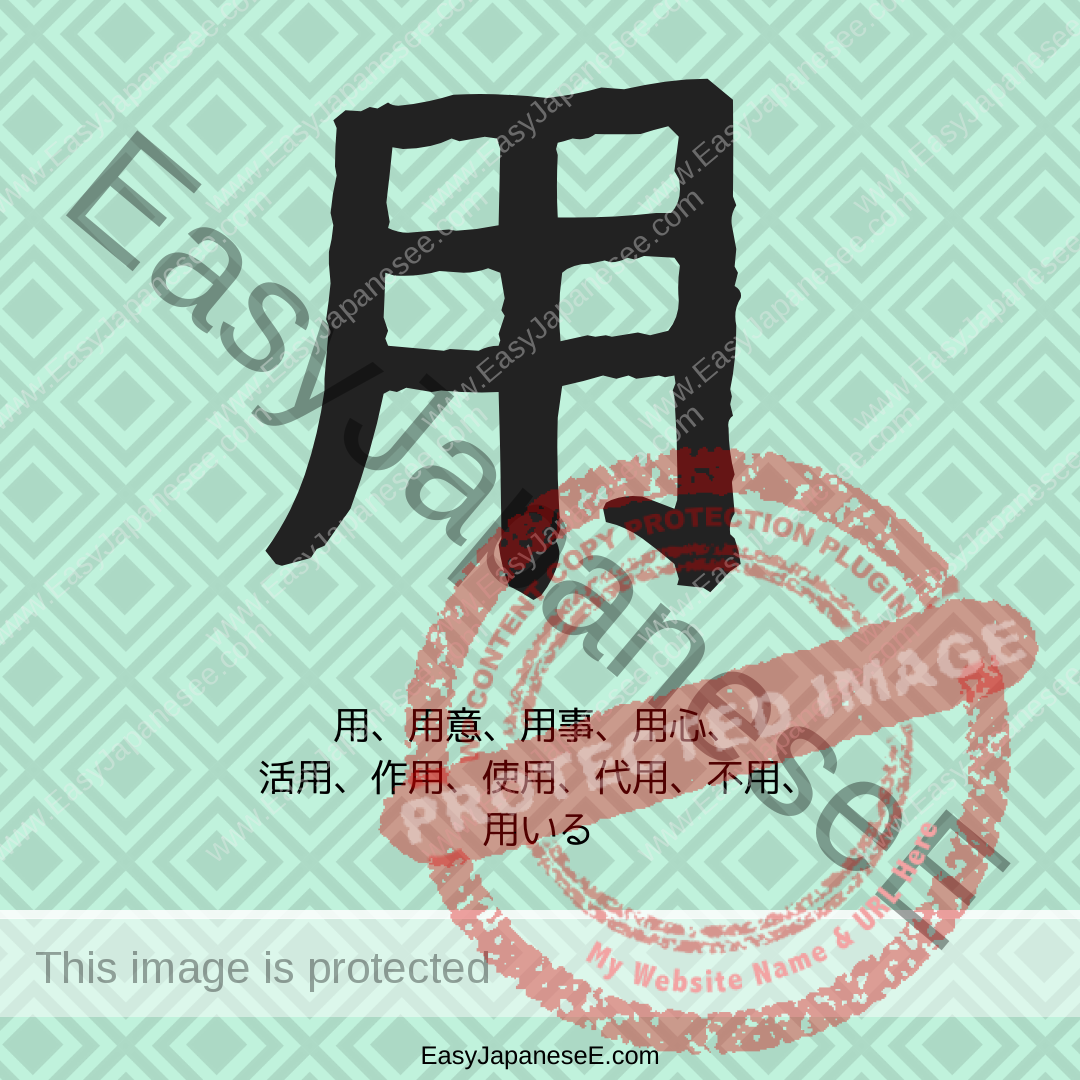
Today’s #kanji is #用, which is a pictograph depicting a fence made of wood. 用 makes its own radical, 用.…
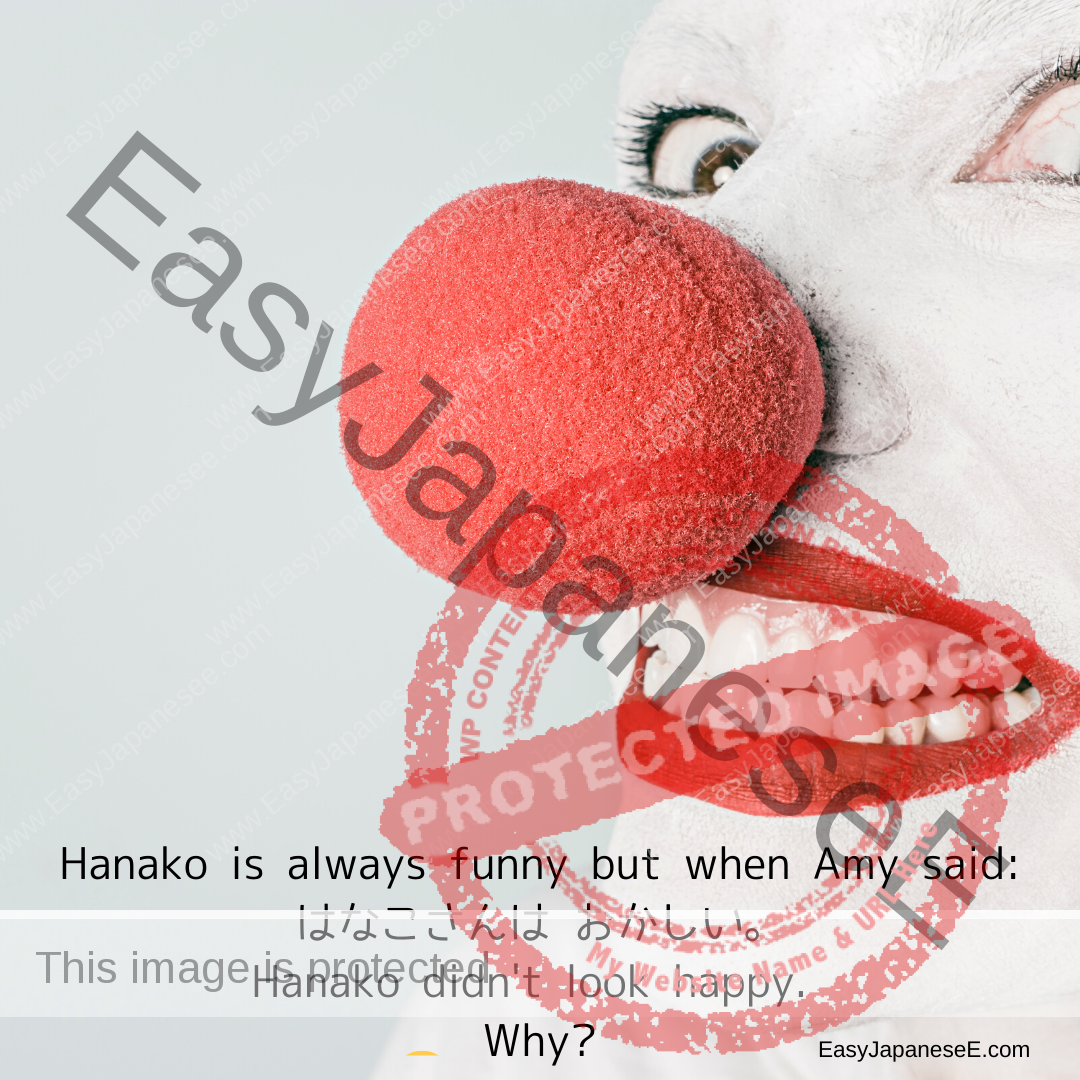
Hanako tells jokes all the time and she is really funny. So Amy described her: はなこさんは おかしい。 Amy thought she…
![[non-past plain verb] + と いい](https://www.easyjapanesee.com/wp-content/uploads/2020/05/200514-oboeruto-iidesu.png)
かんじは かいて ( )と いいです。a. おぼえ b. おぼえた c. おぼえて d. おぼえる [non-past plain verb] + と…
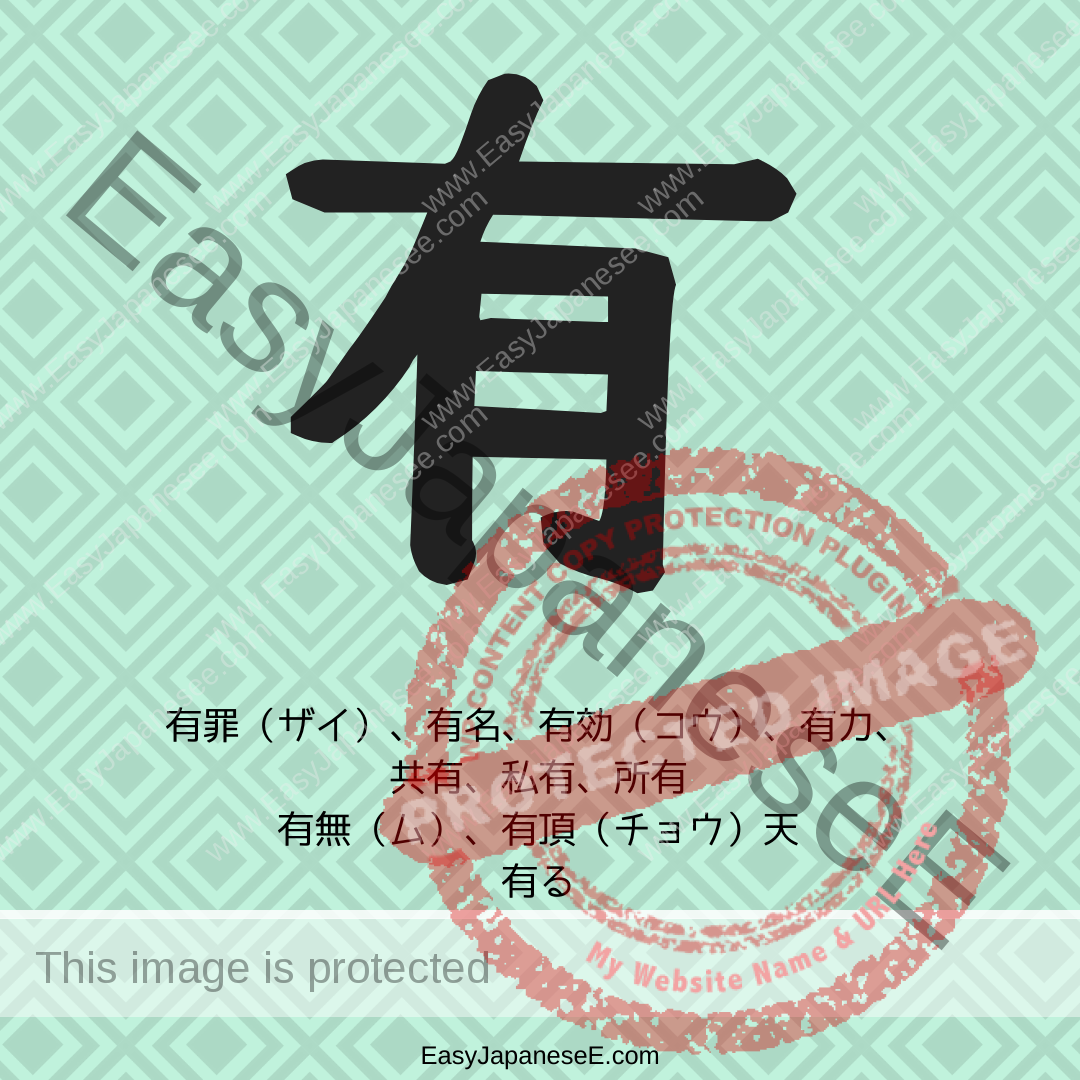
Today’s #kanji is #有, which is listed under its semantic element of #にくづき(月). Its phonetic element is 又 for 手.…
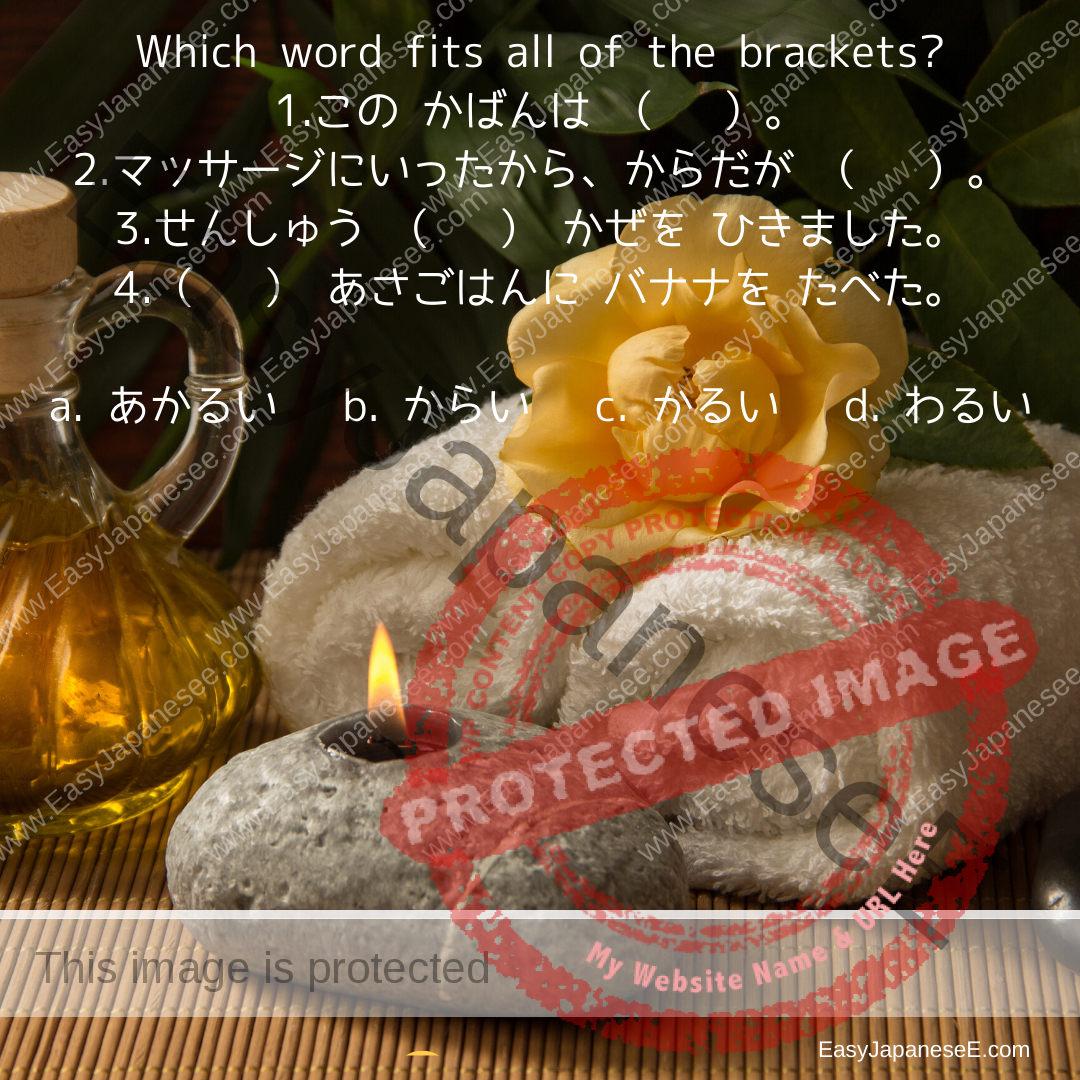
Which word fits all of the brackets?この かばんは ( )。マッサージにいったから、からだが ( )。せんしゅう ( ) かぜを ひきました。( ) あさごはんに バナナを たべた。…
![[past plain verb] + ことがあります](https://www.easyjapanesee.com/wp-content/uploads/2020/05/200511-たことがありますか.png)
[past plain verb] + ことがある/ことがあります is an expression to mention a past experience, “have done ~.” Sentences are written both in the plain and polite forms.
Happy Mother’s Day to all mothers, all mothers-to-be and all mother figures! Hope you’ll have a wonderful day!! ははのひ
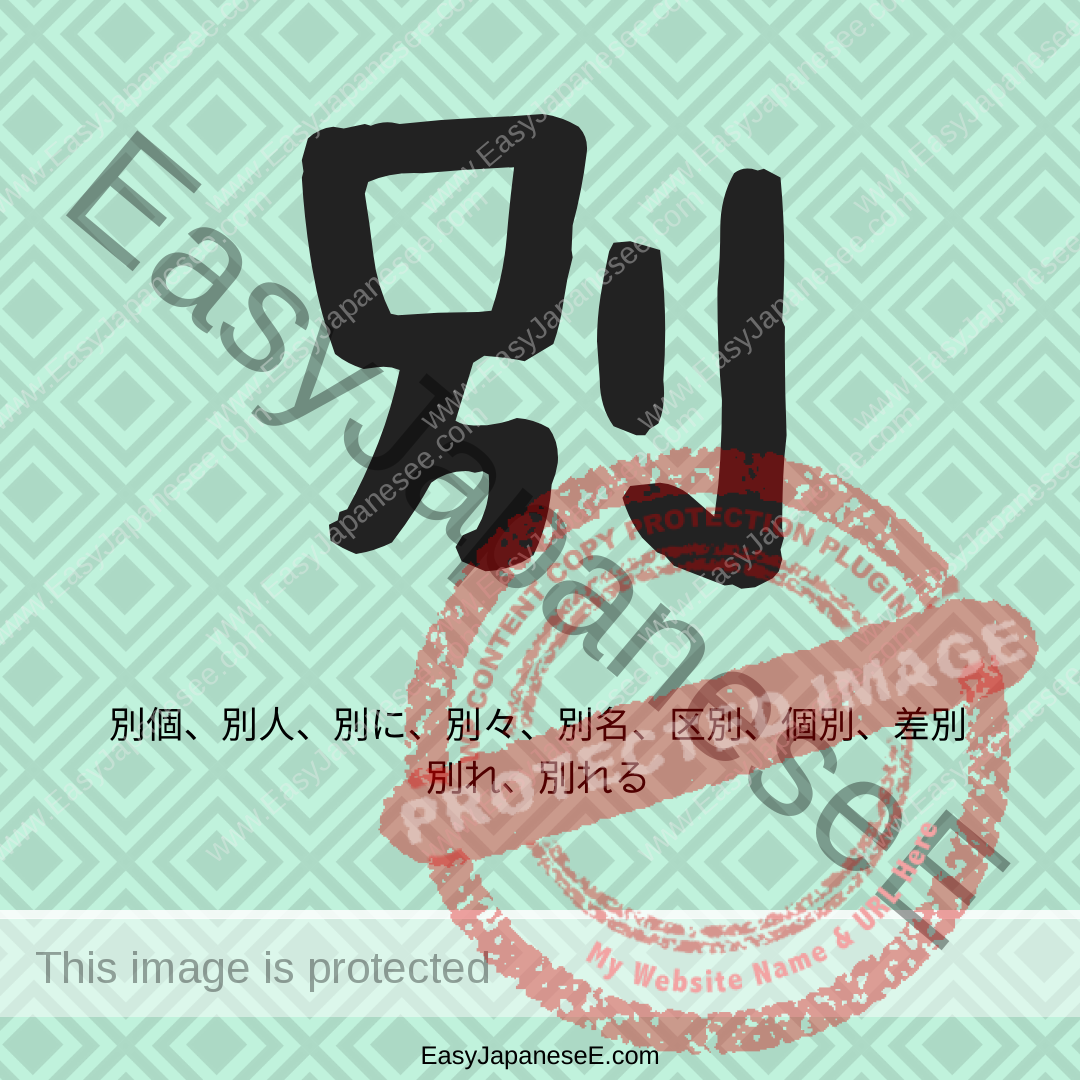
Today’s #kanji is #別, which is a compound ideograph between 冎 and 刂. 冎 apparently is the original form of…
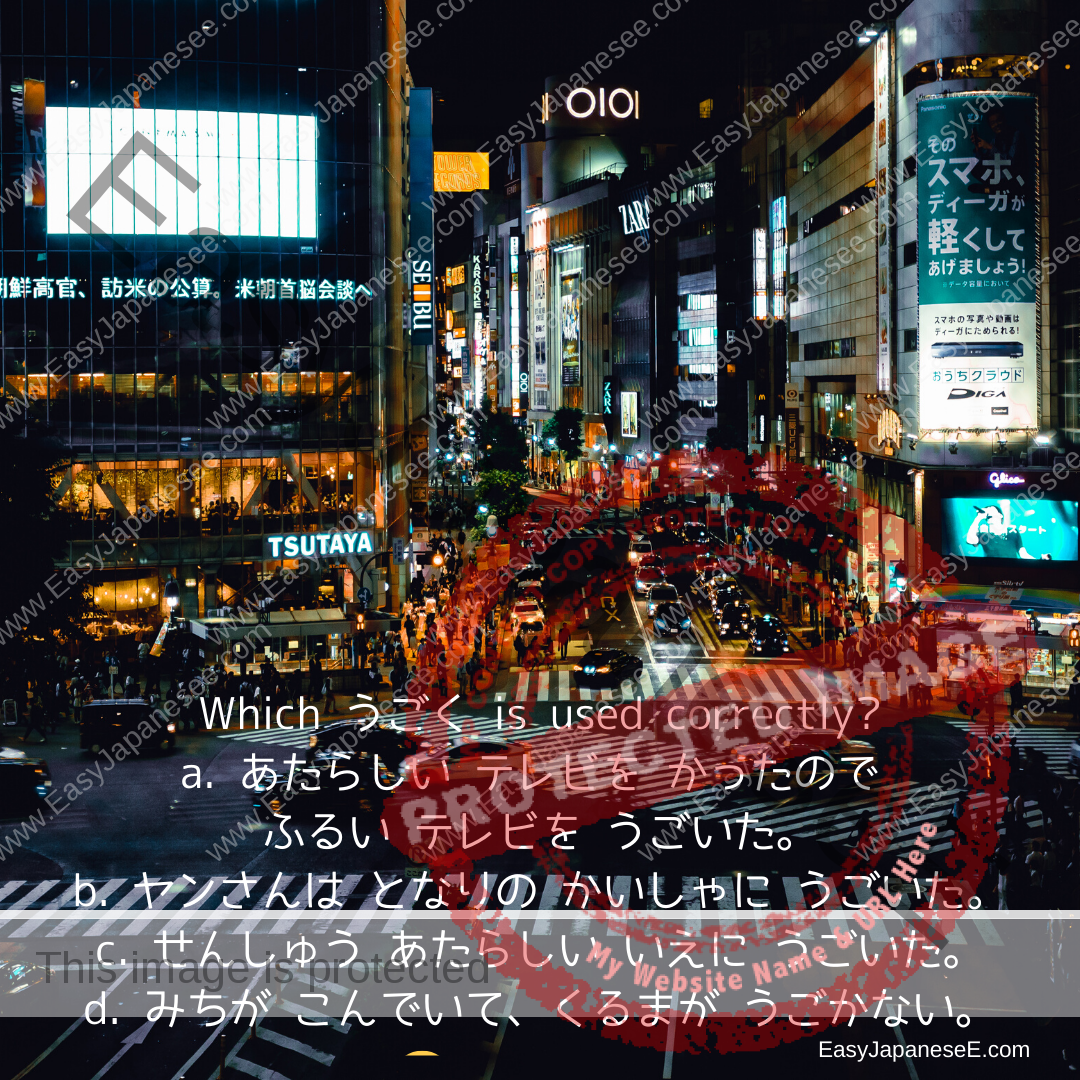
Which うごく is used correctly?a. あたらしい テレビを かったので ふるい テレビを うごいた。b. ヤンさんは となりの かいしゃに うごいた。c. せんしゅう あたらしい いえに うごいた。d. みちが…
![[てform] + くださいませんか/いただけませんか](https://www.easyjapanesee.com/wp-content/uploads/2020/05/200507-くださいませんか.png)
Could you please make a cake for me? a. ケーキを つくって いただきませんか。b. ケーキを つくって くださいませんか。c. ケーキを つくって さしあげませんか。d. ケーキを つくって…
